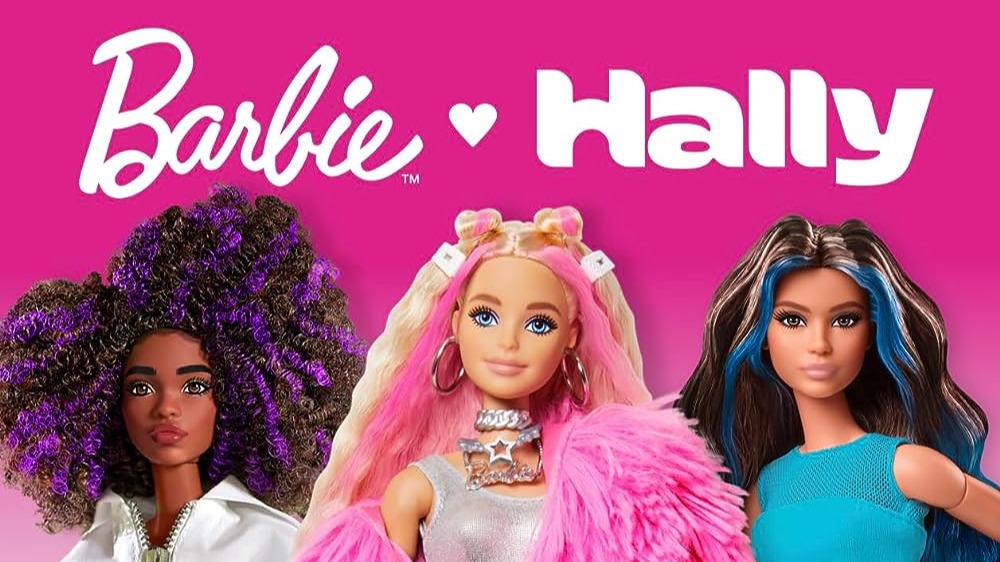Insight
Cultural Tension: Nostalgic Innovation
This weekend, Americans of all ages dressed up in pink and showed out to movie theaters en masse for the much-anticipated release of the ‘Barbie’ movie. Co-Produced by Mattel, the movie effectively relaunched the iconic doll franchise that defined generations of girls before coming under fire for its role in enforcing unrealistic body image expectations and rigid gender roles for women. The script, written by Greta Gerwig, tackles those issues head on; “Stereotypical Barbie” visits the Mattel headquarters and discovers a boardroom of only men in suits. The characters sing about patriarchy, cry about female liberation, and joke about token diversity. The movie embraced the tension of yesterday and fueled the conversation by re-contextualizing it for today.
Barbie’s $155 million debut on Friday captures the nuance of today’s rampant nostalgia - a cultural phenomenon we’ve been following over the past several years. Americans are seeking comfort in icons of the past, but they’re unwilling to compromise on modern values.
GenZ in particular has driven the re-emergence of trends from a pre-digital era. ‘90s fashion staples are making a comeback (see: low rise jeans), and the luxury resale market is expected to grow more than 10% annually over the next decade. But that same group disproportionately expects brands to operate responsibly and sustainably - creating opportunities for startups that tap into a nostalgic ethos with 21st century values. Better-for-you versions of familiar snacks are on the rise, and companies like Parade are winning GenZ by combining y2k fashion trends with sustainable practices. Bullish Portfolio company Hally, which makes clean at-home hair dye, co-branded with the ‘Barbie’ movie on a line of limited-edition “Shade Stix” that invoke ‘90s style hair chalk but with a clean formula and easy application.

More
News
Bullish on Cob Foods, our latest investmentInsights
Data Rich, Direction PoorInsights
Pioneers Mid-Year Sentiments 2025Insights
2025 Bullish Consumer/LP Summit HighlightsNews
Mike Duda featured in Beauty IndependentInsights
The Postzempic EconomySign up for the latest consumer insights and news
Most Dangerous Agency in America™
©2025